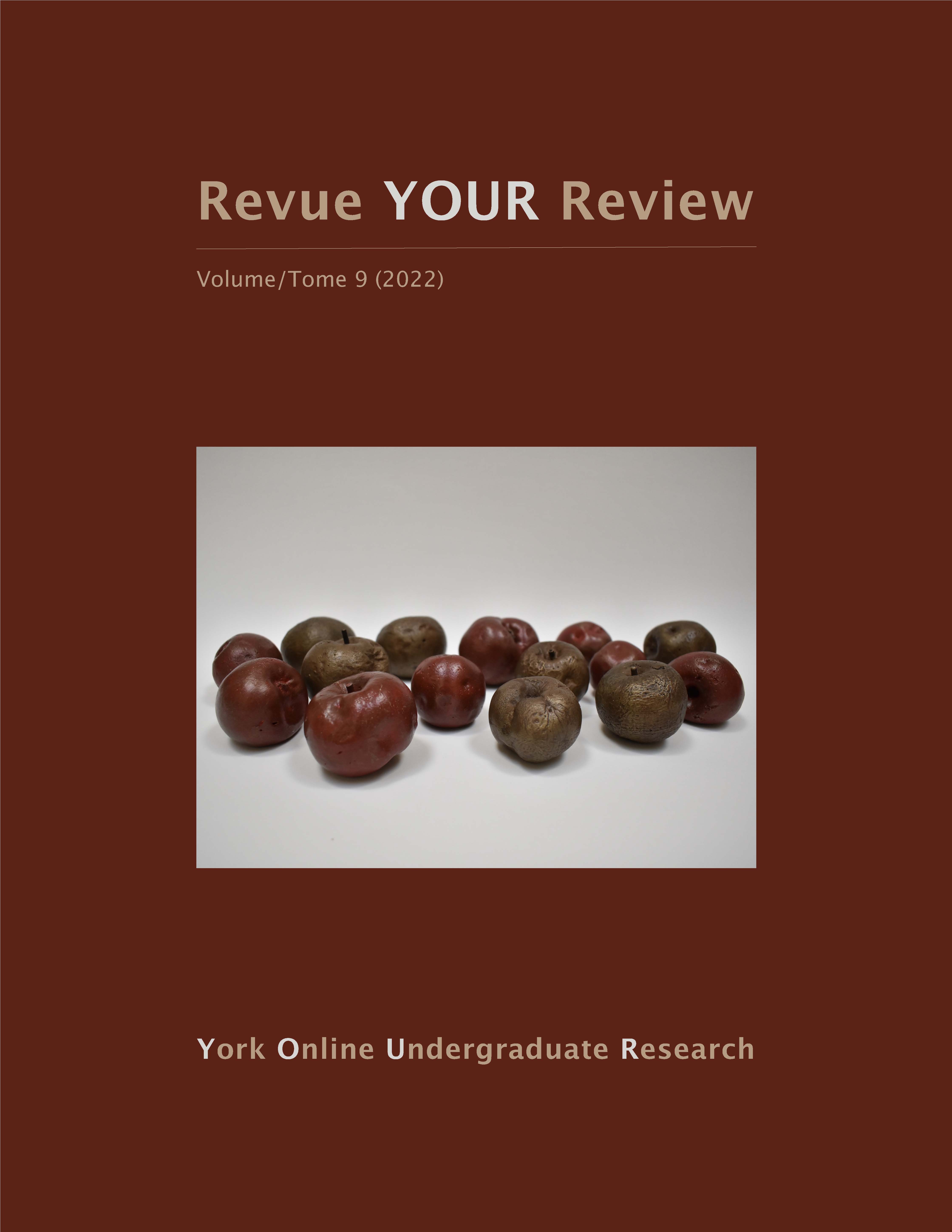Stolen People on Stolen Land
Abstract
Following the global wave of Black Lives Matter protests in 2020, the question of Blackness and its construction is one that deserves further reflection if the attendant issues confronting Black bodies are to ever be addressed. More pointedly, conceptions of a Black Canada and its unique nuances have yet to be adequately mapped out in academic scholarship. This paper aims to address this specific gap by employing an etymological study of Blackness especially in relation to other concepts from which it draws its salience. By Blackness, reference is being made to conceptions of a Black Canada that is diasporic and is in conversation with multiple Black geographies (K. McKittrick, 2006), invokes more fluid conceptions of indigeneity and cultural heritage roots (T. Adefarakan, 2011; G.J.S. Dei, 2017), and seeks to resist colonial, imperialist, and neoliberal logics. In exploring Blackness in a Canadian context, I am attentive as well to the nuances of Canadian multiculturalism discourse and how it creates a Eurocentric terrain on which the Black diaspora is an addendum and largely erased.
Downloads
Published
How to Cite
Issue
Section
License

This work is licensed under a Creative Commons Attribution-NoDerivatives 4.0 International License.
Authors contributing to Revue YOUR Review agree to release their articles under one of three Creative Commons licenses: Creative Commons Attribution 4.0 International; Creative Commons Attribution-NonCommercial 4.0 International; or Creative Commons Attribution-NoDerivatives 4.0 International. All editorial content, posters, and abstracts on this site are licensed under Creative Commons Attribution-NoDerivatives 4.0 International. For further information about each license, see:
https://creativecommons.org/licenses/
In all cases, authors retain copyright of their work and grant the e-journal right of first publication. Authors are able to enter into other contractual arrangements for the non-exclusive distribution of the e-journal's published version of the article (e.g., post it to an institutional repository or publish it in a book or in another journal), with an acknowledgement of its initial publication in this e-journal.


